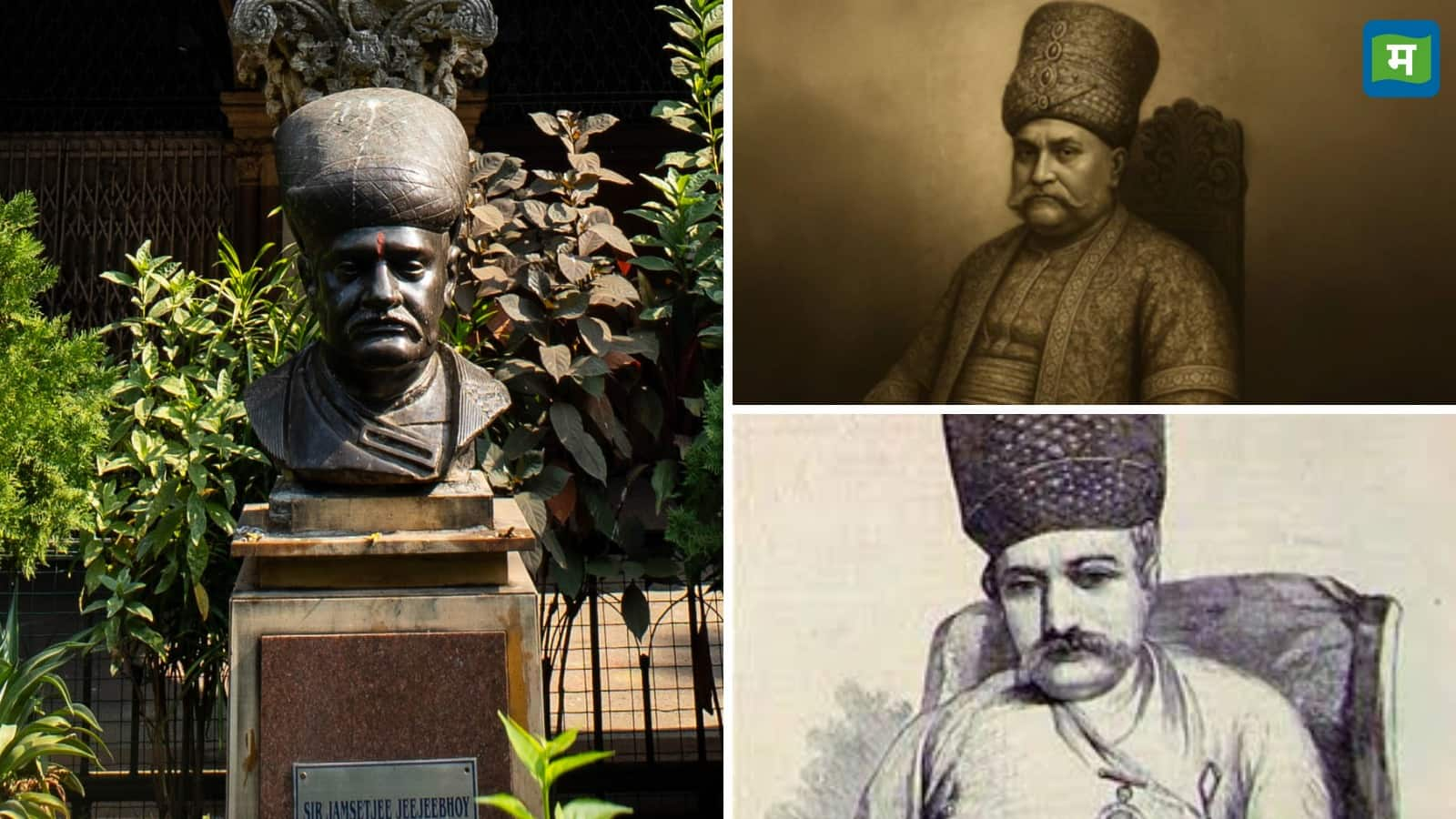
India of the 19th century was surrounded by poverty, discrimination and social challenges. In such a period, it seemed a dream to earn a name for a common man across the country. But an orphaned Parsi child not only decorated his life, but also gave direction to the society. These were Jamshedji Jijabhai. Jamshedji Jijabhai created history with his strong intentions, business understanding and social service. In 1842, the British gave him the title up to Knight.
Early life and struggle
On 15 July 1783, Mumbai, born in an ordinary Parsi family in Bombay then Jamshedji lost his parents in childhood. He was raised by his maternal uncle. Despite the lack of financial constraints and formal education, he took his life with hard work and understanding.
At the age of just 15, he joined the business of opium and cotton with his maternal uncle. As the experience increased, he started his own company and spread business to countries like China. Within a few years, he began to be counted among the most well-known traders of Bombay.
From business to social service
Jamshedji was not only a successful business, but also a dedicated social worker. He gave J.J. Hospital and J.J. Gave heavy donations for the establishment of the School of Art. Apart from this, he also built Dharamshalas, schools, orphanages and other social institutions. At that time, millions of rupees given by him would have been in crores according to today.
Honor and degree from British
In view of his services, the British government gave him the title of ‘Night’ in 1842 and ‘Baronet’ in 1857. He first received this honor as an Indian. Apart from this, he also became a member of the Justice of Peace and Legislative Council in Mumbai.
When Jamshedji died on 14 April 1859, he was not only a rich merchant, but had become a movement. He proved that business can be a medium to improve society, not just money. Even today, his name is written on many buildings, schools and roads in Mumbai.